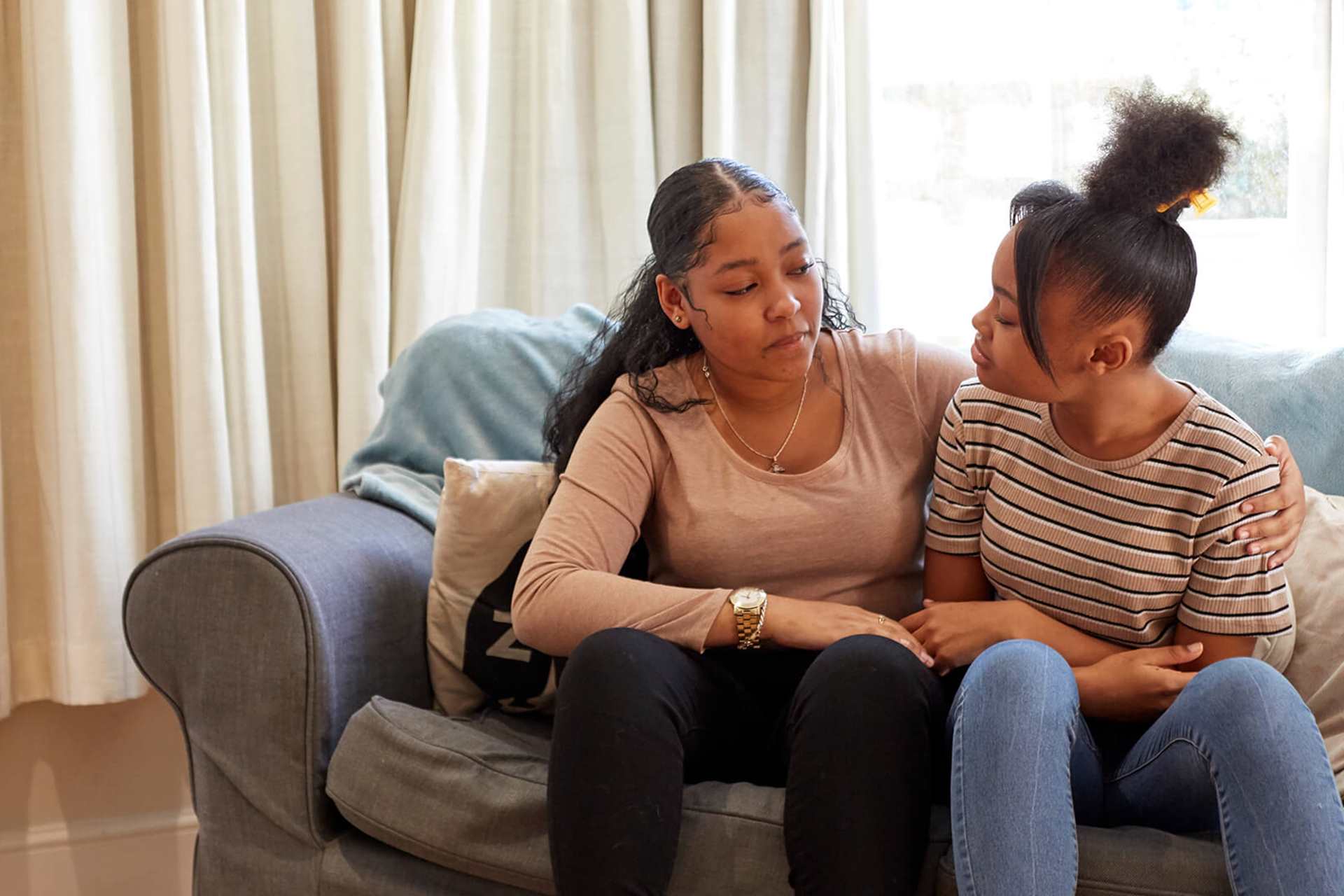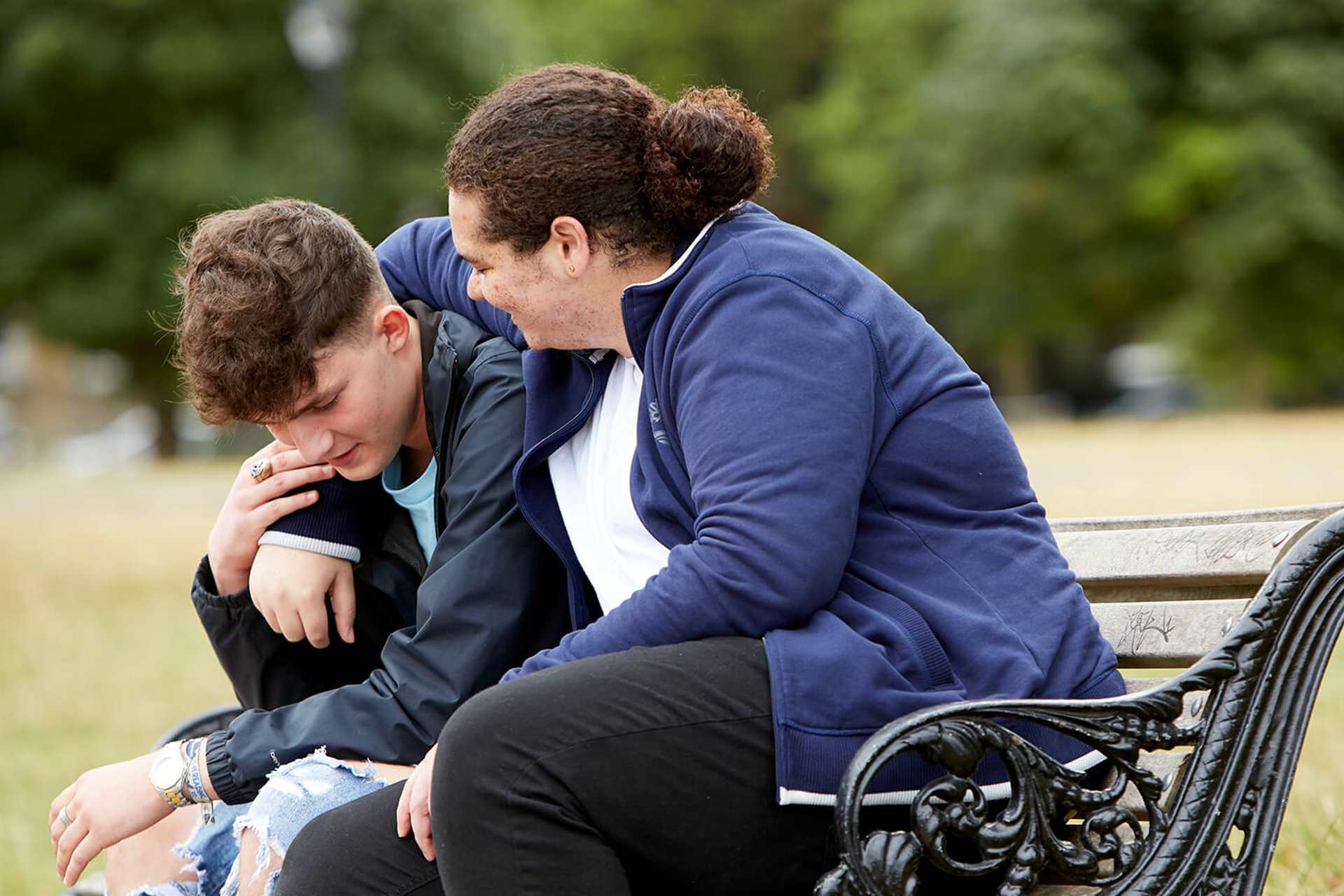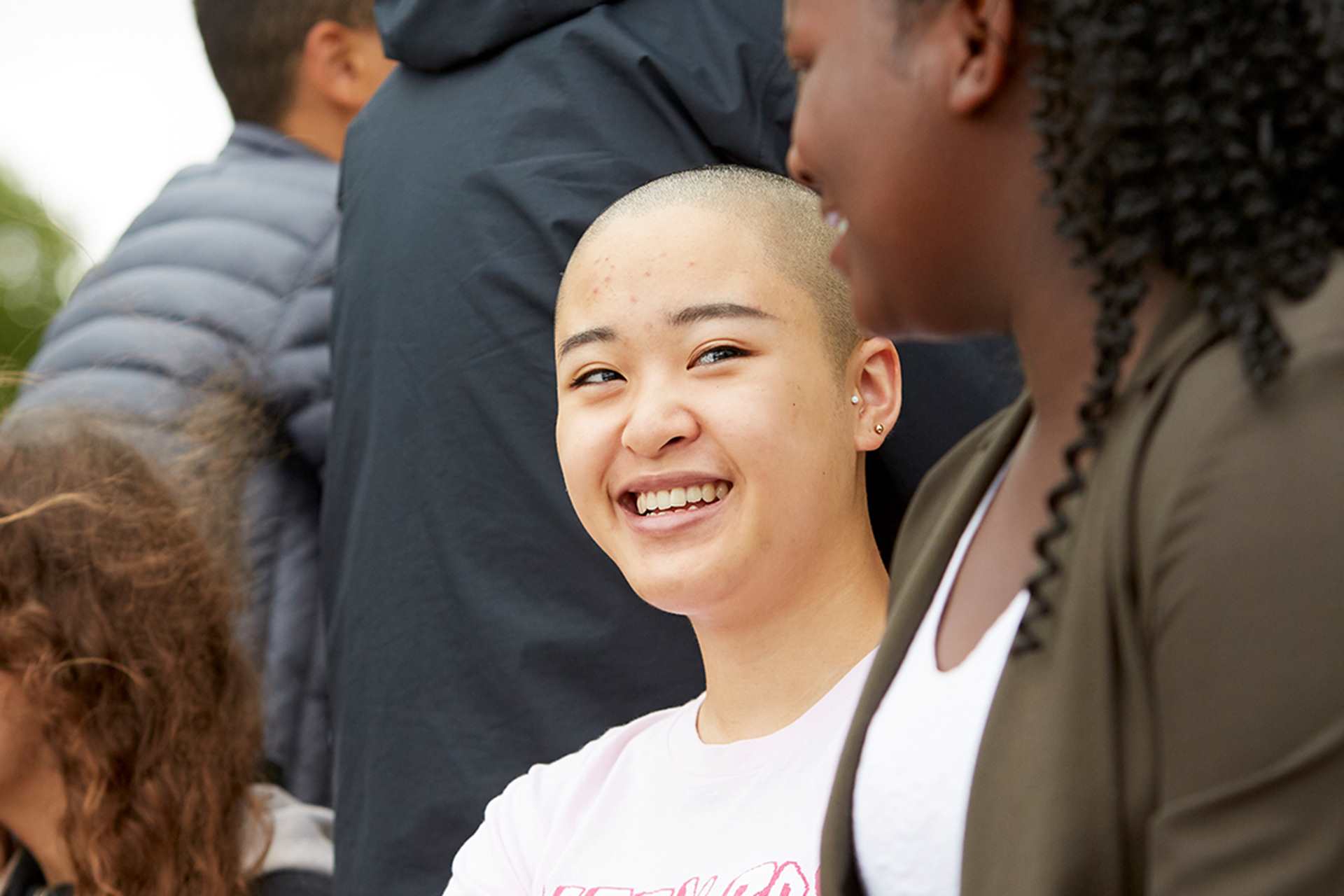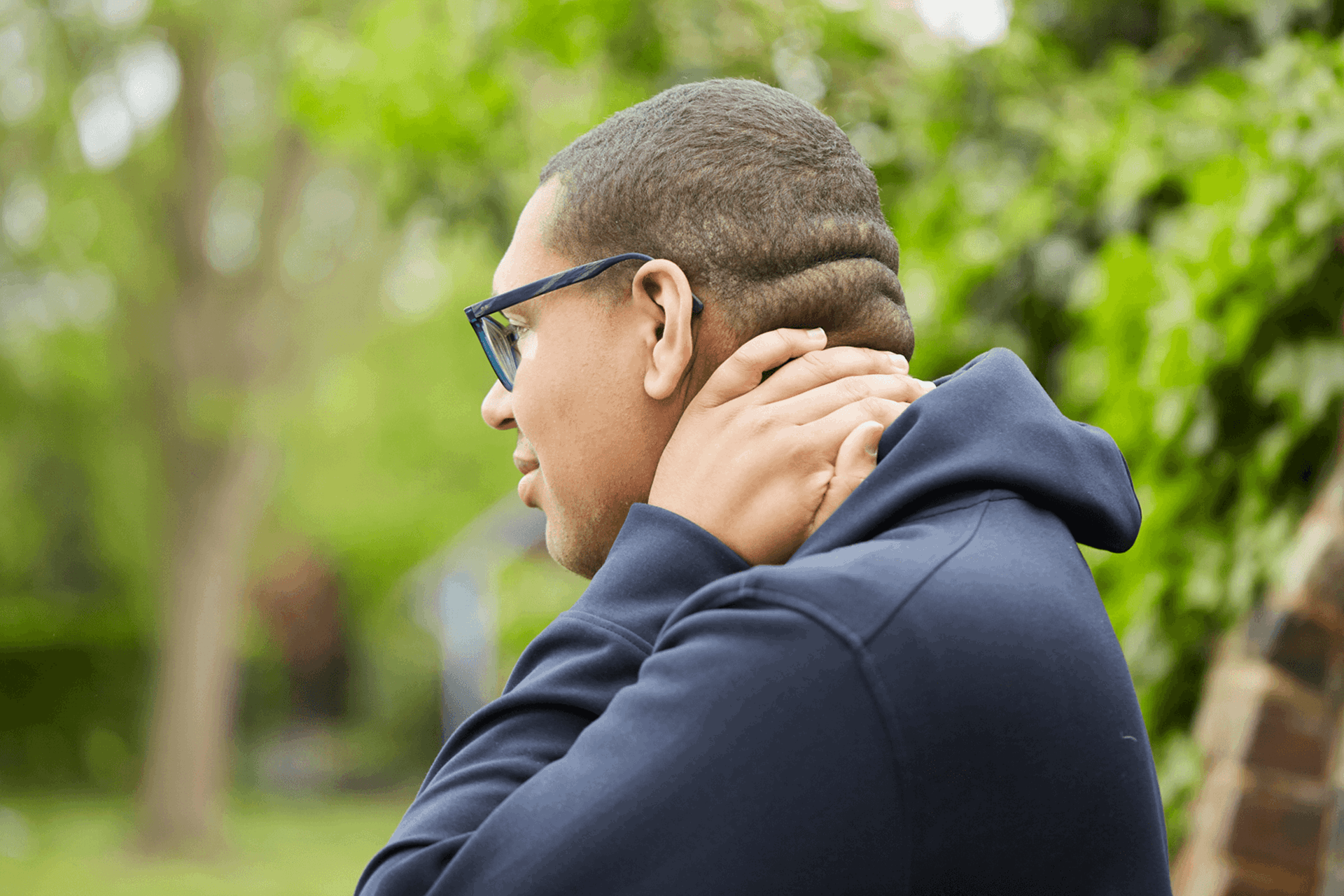Topics mentioned: self-harm, reaching out for help
About: Self-harm is difficult to talk about, but support is available to help you recover. Our guest blogger, Charlotte, shares what helped her stop self-harming after eight years.
I was doing it for the sense of relief it provided.
I was only 14 when I started to self-harm. I didn’t know what I was doing at the time, but it began as a kind of anxious habit to calm me down.
I was never intending to hurt myself. I was doing it for the sense of relief it provided. I felt like the only way I could function and leave my room was if I had that release. I was so ashamed that I did it, and at school I was worried I would be bullied for the scars on my skin. I didn’t want to be known for that, so I hid under baggy clothing.
It impacted my relationships too. I didn’t want a person I liked to see my skin, or to see my scars. Even at school I would find excuses not to do P.E. so I wouldn’t have to get undressed. If I couldn’t get out of it I would have to change in such a complicated way that I still managed to draw attention to myself. It was hell.
At school I would find excuses not to do P.E. so I wouldn’t have to get undressed.
One day my father walked in on me when I was self-harming. I thought, “This is it, I am in so much trouble and I’ll be grounded.” On another level I felt so worried about upsetting my father. He meant so much to me and I never wanted to give him a reason to be hurt. Yet to my surprise he just sat next to me, calmed me down and told me to be safe. He then got me scar oil in case I wanted it – which was so thoughtful.
I am now 22 and haven’t self-harmed for over a year. I have no desire to harm myself in any way, I don’t even drink or smoke any more.
So how did I recover from self-harm?
-
I keep myself productive
I clean, write and trampoline to avoid those thoughts.
-
I talk to people
Because I know that there is no shame in my feelings or my past.
-
I never overwhelm myself and take one day at a time
Knowing your limits is important.
-
I find a healthy outlet
Expressing your feelings and finding a healthy outlet, be it a sport or an art, will help even if it seems impossible to do.
-
I started small
You can start small and build it up with time. To start with I found writing hard, but now I don’t stop. It’s my therapy.
Looking back, for a long time I had suffered alone and didn't realise I could ask for help. So my message to you would be: don’t let fear prevent you from getting the support you deserve.
Don’t let fear prevent you from getting the support you deserve.
More information and advice
We have tips and advice to help you find the support you need. Take a look at our guides.
Where to get help
However you're feeling, there are people who can help you if you are struggling. Here are some services that can support you.
-
Calm Harm
A free app providing support and strategies to help you resist or manage the urge to self-harm.
Can be downloaded from Google Play or App Store.
-
Shout
Text SHOUT to 85258.
Shout provides free, 24/7 text support for young people across the UK experiencing a mental health crisis.
All texts are answered by trained volunteers, with support from experienced clinical supervisors.
Texts are free from EE, O2, Vodafone, 3, Virgin Mobile, BT Mobile, GiffGaff, Tesco Mobile and Telecom Plus.
Texts can be anonymous, but if the volunteer believes you are at immediate risk of harm, they may share your details with people who can provide support.
- Opening times:
- 24/7
-
Childline
If you’re under 19 you can confidentially call, chat online or email about any problem big or small.
Sign up for a free Childline locker (real name or email address not needed) to use their free 1-2-1 counsellor chat and email support service.
Can provide a BSL interpreter if you are deaf or hearing-impaired.
Hosts online message boards where you can share your experiences, have fun and get support from other young people in similar situations.
- Opening times:
- 24/7






